Projects
Supporting projects across Europe and beyond
Hands4Grants has supported a variety of projects, proposals and research consortia in Life and Computer Sciences. A selection is described below.
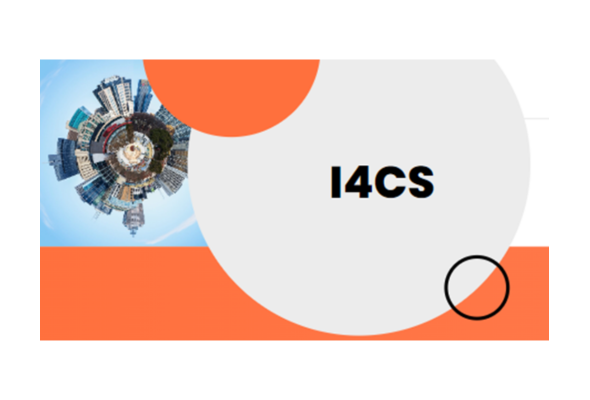
EWUU Alliance Institute for a Circular Sociey (i4CS)
The Institute for a Circular Society (i4CS) is part of the strategic alliance between four prominent institutions in the Netherlands: Eindhoven University of Technology, Wageningen University & Research, Utrecht University and the University Medical Centre Utrecht. I4CS is dedicated to accelerating the transition to a circular society. The urgency of transitioning from a linear to a sustainable circular society cannot be overstated. Through research, cross-disciplinary education, and impactful collaboration, I4CS equips professionals across industries, social organizations, and governments with innovative ideas and actionable perspectives to help overcome obstacles and successfully develop, implement, and scale up circular systems.
EWUU Alliance Institute for a Circular Society – interim programme director
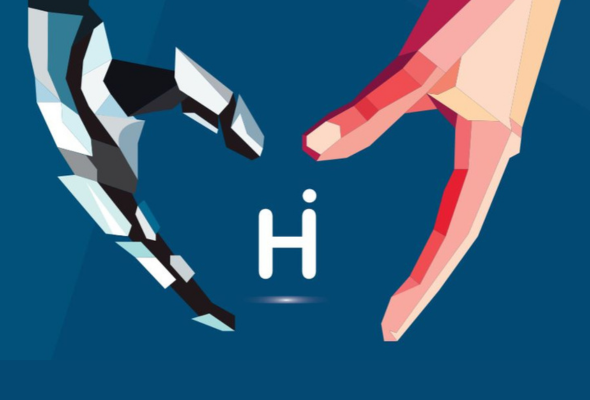
The Hybrid Intelligence Centre
Hybrid Intelligence (HI) combines human and machine intelligence to enhance human abilities without replacing them. Anchored in human expertise and values, HI systems aim to make meaningful decisions while considering ethical, legal, and societal norms. Our goal is to develop systems that prioritize human involvement, reshaping the ongoing AI revolution. Meaningful interaction between artificial agents and humans is crucial, addressing challenges like adaptivity and responsibility. The Hybrid Intelligence Centre, with top AI researchers from various institutions, aims to pioneer solutions across research domains, establishing a global hub for HI research.
Zwaartekracht - submission and project management
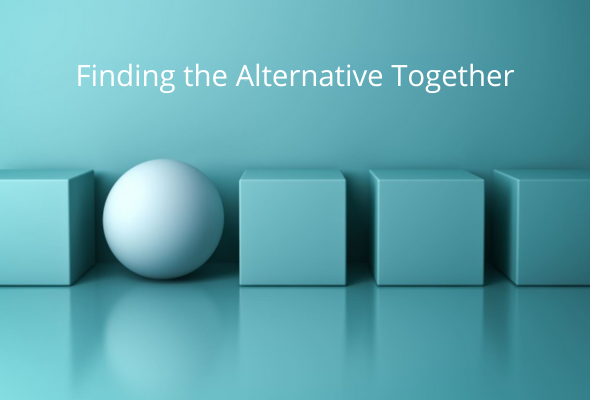
SHARE – Finding the alternative together
The government strives for citizen-centric solutions in disputes. However, finding an appropriate solution to a dispute is complex, especially in multi-problem issues such as in immigration law. This project develops a new approach in conversation support: to better identify the citizen’s need for help, to better understand the options for alternative dispute resolution and to learn from previous cases. This leads to better and more consistent advice, putting the citizen's request for help and personal situation central and avoiding unnecessary legal procedures. Within this project, SHARE instruments are being designed and evaluated.
Grant of the Department of Justice and Security – Submission and project management
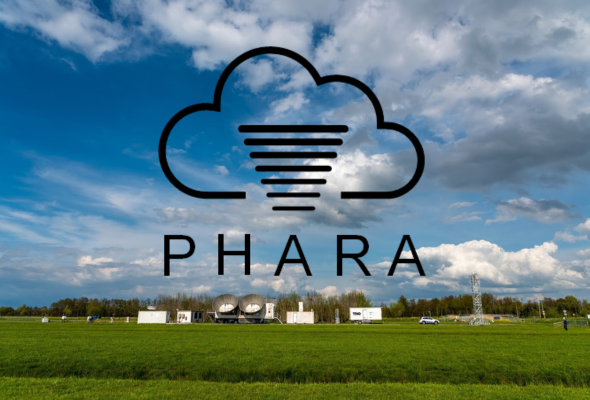
Phased array radar for extreme weather analysis and prediction (PHARA)
This RI project focuses on developing and implementing a groundbreaking research infrastructure for atmospheric and weather sciences: a fast-scanning phased-array radar in Ku-band with polarization diversity called PHARA. It tracks cloud volumes and measures microphysical processes directly, without assumptions. With a multidisciplinary consortium, PHARA scans the entire sky rapidly, revealing cloud growth and tracking weather movements. It promises advances in climate research, weather forecasting, and radar technology, impacting various fields including atmospheric sciences, hydrology, and water management.
NWO Research Infrastructure (RI)– submission and project management
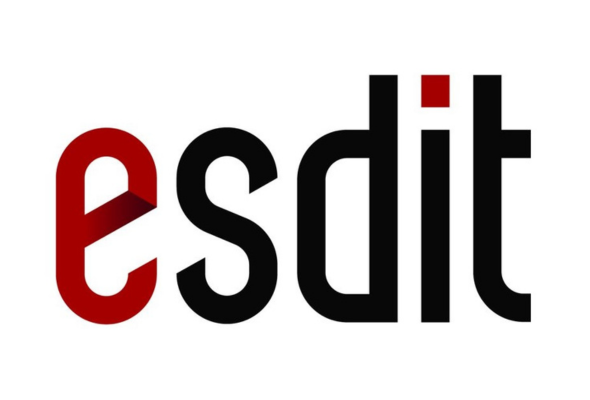
Ethics of Socially Disruptive Technologies (ESDIT)
This philosophical research programme will develop new approaches to deal with social and ethical challenges brought about by emerging socially disruptive technologies (SDTs), like robots, artificial intelligence, synthetic biology and climate technology. SDTs will change society, culture and everyday life, and also challenge some of our most basic concepts and values. We will innovate the ethics of technology so that we can critically evaluate and guide the development and introduction of these technologies.
Zwaartekracht – interim project management

Centrum Wiskunde & Informatica (CWI)
CWI is the national institute for mathematics and computer science in the Netherlands. CWI seeks to advance the scientific foundations of our digital society through fundamental research at the interface of mathematics and computer science. The focus research areas are: Algorithms, Data and Intelligent Systems, Cryptography and Security, and Quantum Computing. CWI aims to strengthen and facilitate the Dutch communities of mathematics and computer science. Among other initiatives, the Research Semester Programmes were launched in 2022. This is a new concept in which researchers spend several meetings throughout a semester at CWI to further their collaboration on certain scientific challenges.
CWI - Change and project management, meeting facilitation
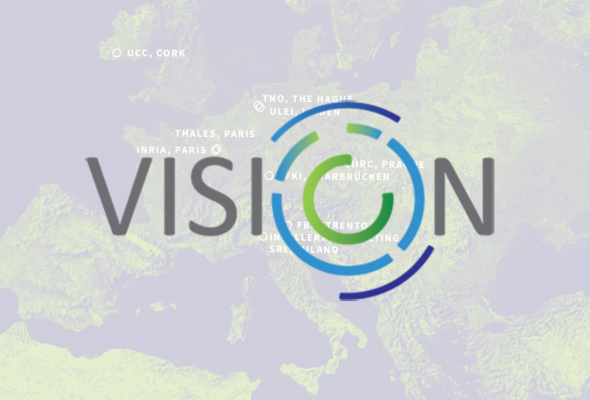
VISION
The VISION project aims to strengthen and mobilize Europe's AI community, accelerating its transition to a global leader in AI technology. By ensuring Europe remains at the forefront of AI advancements, the project emphasizes a human-centered, ethical, and trustworthy approach to AI. Leveraging existing networks like CLAIRE and AI4EU, VISION will capitalize on Europe's expertise and connections in AI research and innovation, maintaining strategic autonomy in AI while fostering collaboration and innovation across the continent.
HORIZON2020 Coordination and Support Action - submission and project management
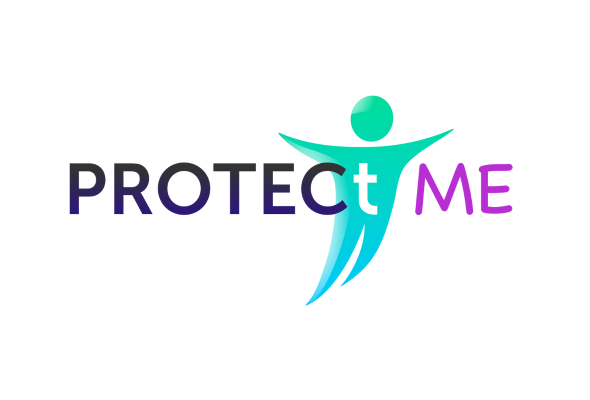
Helping young people with mental health problems earlier (PROTECt ME)
Convergence connects TU Delft, Erasmus University Rotterdam, and Erasmus MC, creating an innovative health and healthcare framework through collaboration. The PROTECt ME program aims to enhance Dutch youth's mental health by advancing early detection, decision-making, and creating new interventions using technology and AI. The integrated approach involves stakeholders and end users in each step and builds a sustainable infrastructure and collaboration for convergence and impact.
Convergence Health & Technology Flagship programme – project management at project start-up
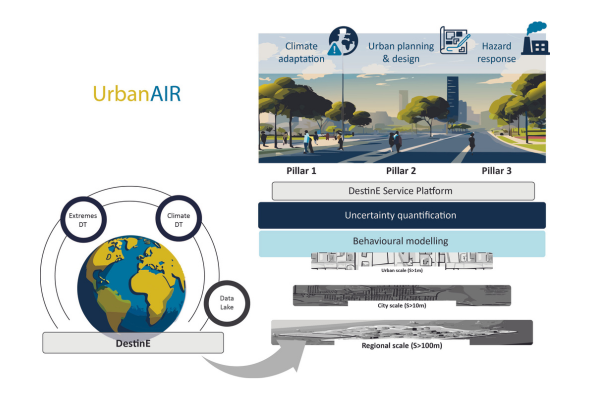
UrbanAIR
UrbanAIR aims to develop a new digital twin that supports decision makers in effective climate adaptation of urban areas aimed at a safer, healthier, and more resilient future for its citizens. It will provide critical tools for climate adaptation and hazard control through urban design and planning including very high-resolution model components of the complex atmospheric Earth system. Through a unique process of co-creation with the end users, UrbanAIR yields dynamic, user-friendly workflows and tools integrated into the Destination Earth infrastructure that empower municipalities and industries in making decisions on urban planning and design to prepare for climate change adaptation and exposure to hazards.
Horizon Europe Research Infrastructures - submission
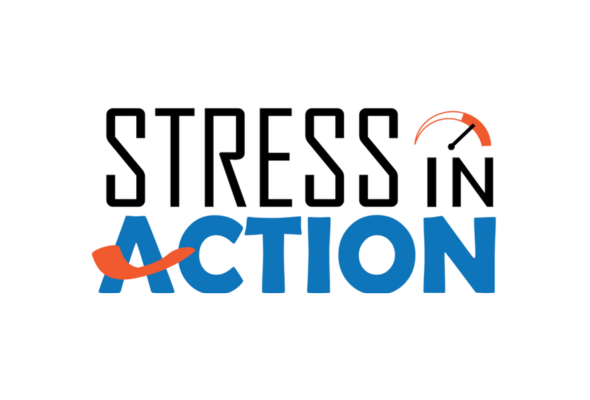
Stress in Action
Stress-in-Action leverages technology and big data to shift stress research from the lab to daily life. The Consortium fosters collaborations to understand the dynamic interaction between context and individual factors in stress response, measure stress in real-time, and identify when stress becomes harmful to mental and cardiometabolic health. This drives the development of new strategies to monitor and mitigate daily-life stress and its health consequences.
Zwaartekracht - submission
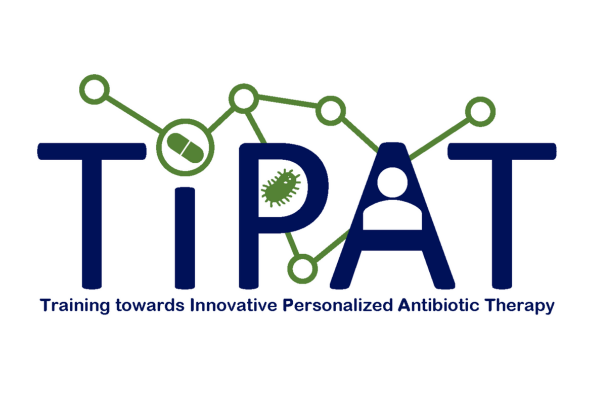
TIPAT
Historically, drugs for infection and disease have been developed from tests in large populations of similar patients. Scientific advances, particularly in the field of genetics, have ushered in a new era of personalised medicine in which genes, proteins and even parts of proteins can be used to create targeted therapeutics. Personalised antibiotic therapy is an area where such methods can be used to increase the efficacy of antibiotic therapy while combating the dangerous rise of antibiotic-resistant strains of bacteria. TIPAT is training young researchers in the techniques required to strategically evaluate drug-pathogen-host interactions for effective personalised antibiotic therapy.
HORIZON2020 Training network - submission
Would you like to start a project with us?
If you have a great idea you’re eager to turn into a solid plan, seek more information about our services and methods, or wish to discuss anything else, please don’t hesitate to contact us!